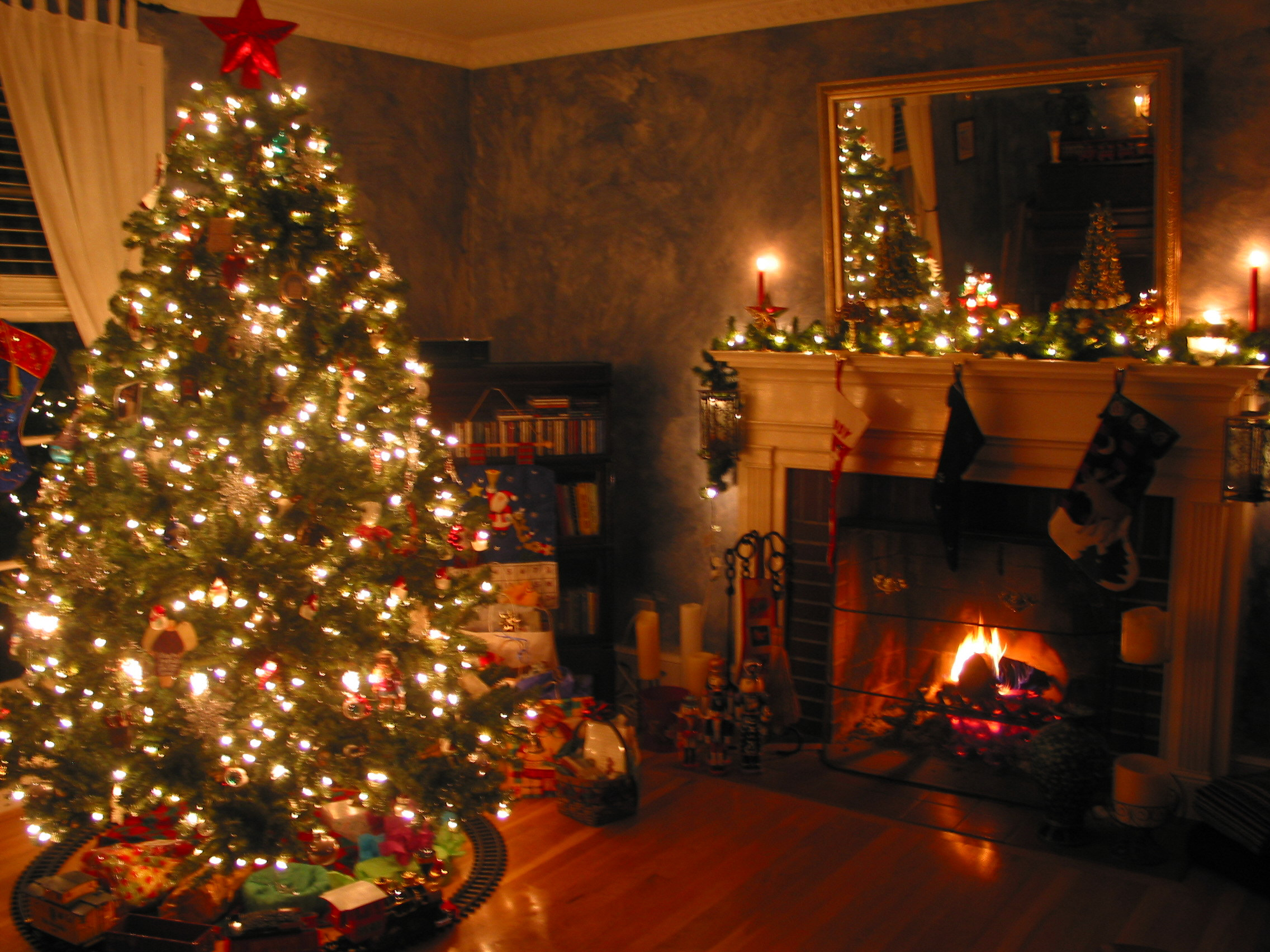Happy Holidays
‘Tis the season for some to take offense when a store clerk says “happy holidays” instead of “merry Christmas,” or when a coffee chain converts to plain red cups for the holiday. The “war on Christmas” trope seems to surface with Black Friday sales, but who is actually at war?
It is easy to imagine saying “merry Christmas” as another cudgel in the culture wars between Christians and the irreligious. The actual story, however, is much more nuanced. Public Religion Research Institute asked a nationally representative sample of Americans whether retailers should greet their customers with “happy holidays” or “season’s greetings” — rather than “merry Christmas” — “out of respect for people of different faiths.” Although a slim majority of those with a preference want retailers to say “happy holidays” or “season’s greetings,” we found that preference depends on your level of tension with the culture where you live. To explore these cultural tensions, we analyzed the PRRI data jointly with the 2010 Religion Census results.
According to the findings, evangelicals, on average, strongly favor “merry Christmas” and seculars prefer “happy holidays” or “season’s greetings.” But the war on Christmas is not simply a religious divide. One of the more surprising findings is that the Bible-Belt South does not show the weakest preference for “happy holidays” (54 percent). That distinction belongs to the Midwest (44 percent). One reason for the difference is African-Americans (20 percent of the South in this sample), who strongly prefer “happy holidays” despite their high levels of religiosity.
Preferences, not surprisingly, are filtered through a political lens, with Republicans opposing “happy holidays” at the strongest rates and most consistently across the nation. Republican responses probably reflect opposition to political correctness as much as (and perhaps more so than) spiritual sympathies. Republicans as a whole (30 percent) outpace even evangelical Republicans (38 percent) in their anemic support for saying “happy holidays.”1
Since Christmas is such a public holiday — people put out displays and pass out cookies, and they feel compelled to wish people some version of merriment — it is no surprise that reactions to it vary across communities. Non-Christians and the nonreligious in states with large white Christian populations are the most likely groups to urge stores to adopt a “happy holidays” regimen. Support for “happy holidays,” however, drops dramatically for secular citizens in largely nonreligious states like Oregon. In these areas, the social stakes are low — Christmas is not an entre to conversations about what church you attend, but more about presents, ugly sweaters and Santa. In such nonreligious states, seculars’ support for “happy holidays” is the same as it is among evangelicals nationwide (48 percent).
The next time you hear or read a media dispatch about the war on Christmas, such as Texas Agriculture Commissioner Sid Miller’s threat to slap the next person who says “happy holidays” to him, realize that it does not reflect a national war but rather local skirmishes. There is no orchestrated war against saying “merry Christmas,” but it is important to recognize that Christmas can be a potent symbol that reflects intergroup tensions and signals exclusion to some Americans.
Merry holidays!
Christmas or Christmas Day (Old English: Crīstesmæsse, meaning “Christ‘s Mass“) is an annual festival commemorating the birth of Jesus Christ,[7][8] observed most commonly on December 25[4][9][10] as a religious and cultural celebration among billions of people around the world.[2][11][12] A feast central to the Christian liturgical year, it is prepared for by the season ofAdvent or the Nativity Fast and initiates the season of Christmastide, which historically in the West lasts twelve days and culminates on Twelfth Night;[13] in some traditions, Christmastide includes an Octave.[14] Christmas Day is a public holiday inmany of the world’s nations,[15][16][17] is celebrated culturally by a large number of non-Christian people,[1][18][19] and is an integral part of the holiday season.
The celebratory customs associated in various countries with Christmas have a mix of pre-Christian, Christian, and secularthemes and origins.[20] Popular modern customs of the holiday include gift giving, completing an Advent calendar or Advent wreath, Christmas music and caroling, lighting a Christingle, an exchange of Christmas cards, church services, a special meal, and the display of various Christmas decorations, including Christmas trees, Christmas lights, nativity scenes, garlands,wreaths, mistletoe, and holly. In addition, several closely related and often interchangeable figures, known as Santa Claus,Father Christmas, Saint Nicholas, and Christkind, are associated with bringing gifts to children during the Christmas season and have their own body of traditions and lore.[21] Because gift-giving and many other aspects of the Christmas festival involve heightened economic activity, the holiday has become a significant event and a key sales period for retailers and businesses. The economic impact of Christmas is a factor that has grown steadily over the past few centuries in many regions of the world.
While the month and date of Jesus’ birth are unknown, by the early-to-mid 4th century, the Western Christian Church had placed Christmas on December 25,[22] a date later adopted in the East,[23][24] although some churches celebrate on the December 25 of the older Julian calendar, which, in the Gregorian calendar, currently corresponds to January 7, the day after the Western Christian Church celebrates the Epiphany. The date of Christmas may have initially been chosen to correspond with the day exactly nine months after the day on which early Christians believed that Jesus was conceived,[25][26] or with one or more ancient polytheistic festivals that occurred near southern solstice (i.e., the Roman winter solstice);[27][28] a furthersolar connection has been suggested because of a biblical verse[a] identifying Jesus as the “Sun of righteousness”.
Comments
There are no comments yet.



